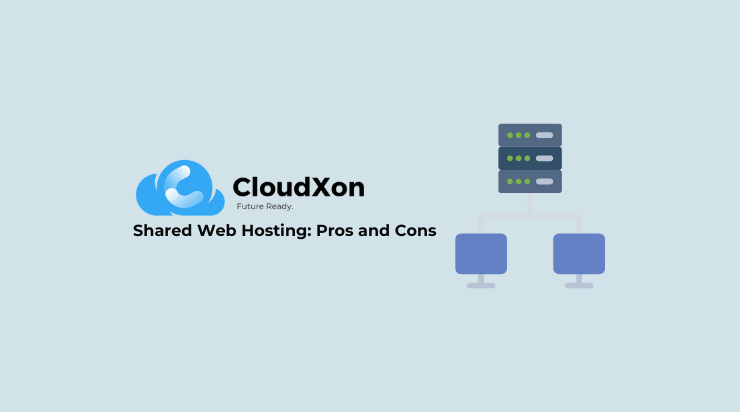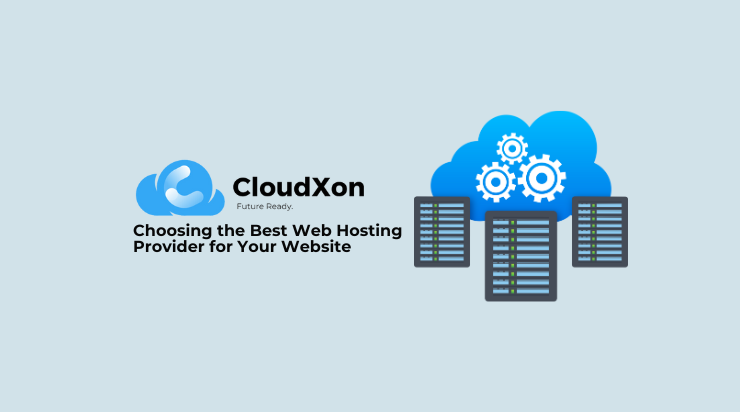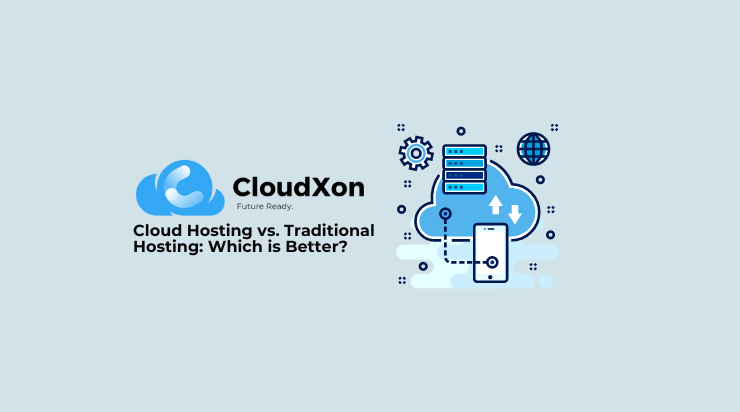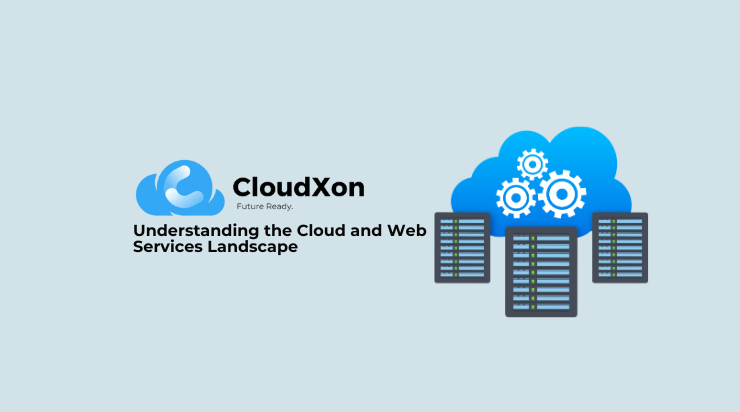Shared web hosting is one of the most popular and cost-effective options for hosting websites, especially for small businesses, bloggers, and personal websites. By sharing server resources among multiple users, it offers an affordable way to get online. However, shared hosting comes with its own set of advantages and disadvantages. This blog will explore the pros and cons of shared web hosting to help you decide if it’s the right choice for your website.
What is Shared Web Hosting?
Shared Web hosting is a type of web hosting where multiple websites share the same physical server and its resources, including CPU, memory, and disk space. Each user gets a portion of the server’s resources, but because these resources are shared, the cost is significantly lower than other hosting types such as VPS (Virtual Private Server) or dedicated hosting.
Pros of Shared Web Hosting
One of the biggest advantages of shared web hosting is its affordability. Since the server’s resources are shared among many users, the cost is divided, making it one of the most budget-friendly options available. This makes it an excellent choice for small businesses, startups, and individuals who are looking to establish an online presence without a significant investment.
Shared hosting plans are designed to be user-friendly, even for those with limited technical knowledge. Most shared hosting providers offer intuitive control panels (such as cPanel or Plesk) that make it easy to manage your website, including setting up email accounts, installing software like WordPress, and monitoring website performance.
With shared hosting, the hosting provider takes care of server maintenance, including software updates, security patches, and hardware management. This allows users to focus on their websites and content without worrying about the technical aspects of server management.
Reputable shared hosting providers offer customer support to help resolve issues and answer questions. This support often includes 24/7 availability via phone, email, or live chat, providing peace of mind to users who may encounter problems or need assistance.
Many shared hosting plans come with a variety of features and add-ons, such as one-click installers for popular applications, free domain registration for the first year, email hosting, and website builders. These features can be particularly beneficial for beginners who are looking to build and launch a website quickly and easily.
Cons of Shared Web Hosting
Since resources are shared among multiple users, websites on shared hosting plans can experience performance issues if one site uses an excessive amount of resources. This can lead to slower loading times and reduced performance, especially during peak traffic periods.
Sharing a server with other websites can pose security risks. If one website on the server is compromised, it could potentially affect other sites on the same server. Although hosting providers implement security measures to mitigate these risks, shared hosting is generally less secure than dedicated hosting or VPS.
Shared hosting environments are typically less customizable than other hosting options. Users have limited control over server settings and configurations, which can be a drawback for those who need specific software or server environments for their websites.
Shared hosting plans may not be suitable for websites that expect significant growth or high traffic volumes. As your website grows, you may find that the limited resources and scalability of shared hosting become a constraint, necessitating an upgrade to a VPS or dedicated server.
Because multiple websites share the same server, issues with one site can affect the performance and uptime of others. This shared risk means that if one website on the server experiences a spike in traffic or a technical issue, it could lead to downtime for other sites on the same server.
Conclusion
Shared web hosting is a great starting point for many individuals and small businesses due to its affordability and ease of use. However, it comes with limitations in terms of resources, security, and scalability. Understanding the pros and cons of shared web hosting can help you make an informed decision about whether it’s the right choice for your website. If your site is relatively small with moderate traffic and you prioritize cost savings, shared hosting may be ideal. However, if you anticipate rapid growth, high traffic, or need more control and security, you might consider other hosting options like VPS or dedicated hosting.
Choosing the right hosting solution is crucial for your website’s performance and success. Evaluate your current needs and future goals to ensure that your hosting plan aligns with your objectives and provides the necessary support for your online presence.
Discover Your Ideal Hosting Solution with CloudXon
Ready to choose your hosting plan? Contact us today to discuss your hosting requirements and find the perfect solution for your website.




